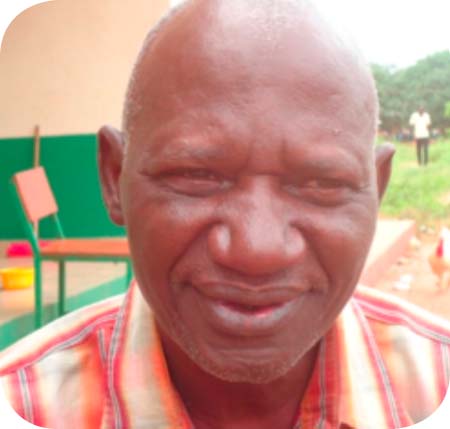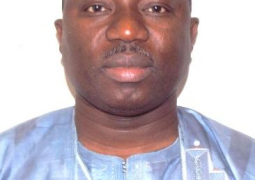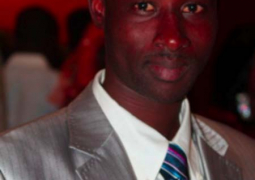
Mr Touray, who doubles as project coordinator of the Gambia Commercialization Agriculture and Valued Chain Management (GCAV), said the primary developmental objectives of the GCAV are to rehabilitate 2500 hectares of irrigated fields in the Central River Region North and South, and to enhance 100 hectares of collective horticultural gardens mainly in the West Coast Region.
Mr Touray was speaking to this reporter recently in Garawol village Upper River Region during a two-day field visit byofficials of the Ministry of Agriculture.
“To be self-sufficient,we must transform agriculture,” he said, adding that agriculture is the foundation of industrialization.
Gambians are determined to make giant steps in improving agricultural productivity, according to him.
The GCAV objectives include transformingtraditional agriculture into commercial market-oriented agriculture; to support the process of agriculture transformation and enhance production and productivity, processing and distribution of crop products; and supporting the private sectortotake agriculture to where it is wanted.
The key expected outcomes are to increase productivity coupled with reduced post-harvest losses, and increase in market volume thereby generating additional incomes for producer and other operators in the targeted value chains.
The project is in accordance with the government’s goals in the PAGE as well as the World Bank’s and AFDB joint assistance strategy objectives.
The higher level objective of the project is to contribute directly towards improving food security by increasing production and market access for products important to domestic consumption, he said.
According to Touray, the selected value chains are rice and horticulture (vegetables) for which accessible markets exist and productivity gains are achievable through adoption of proven technologies.
He further stated that the project shall also facilitate the construction of medium scale rice and mango processing plants in the Central River Region and West Coast Region respectively through private sector initiatives.
Mr Touray added that as a result of that the project would support constructing medium to large scale mango processing plants that would add value to mangoes, transform mangoes into juice and other products that can be put into better use.
The project would also support the establishment of two rice milling machines that would ensure that the rice produced is processed properly so that the gap would be filled.
“We have seen Made in China, Made in Taiwan but now we want another country to see Made in Gambia,” he said.
In terms of processed agricultural products, they want to put The Gambia on the international map so that other countries would see and buy Gambian products, he said.



